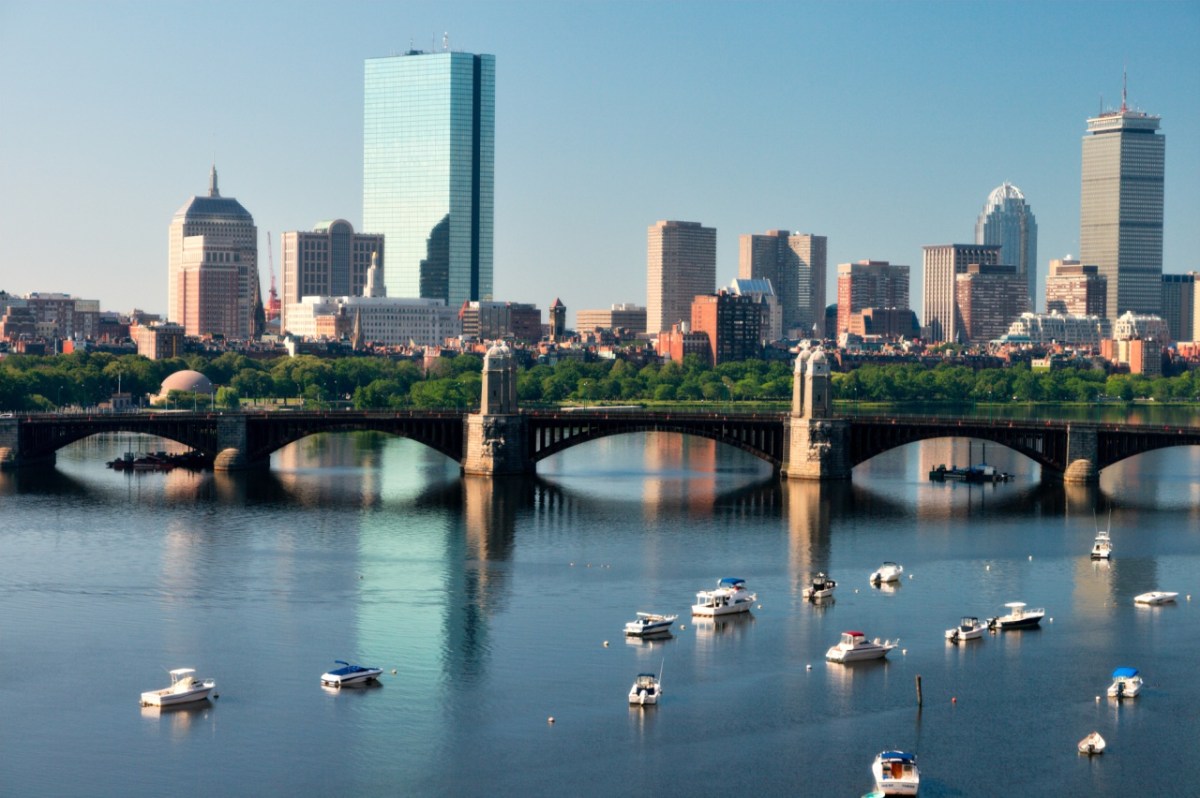With Amazon’s second headquarters will come 50,000 new jobs into whatever chosen city, and then with that, some experts worry, will come higher rents and housing prices. But just how much could the cost of rent rise in Boston if it’s picked as the home of the new HQ2?
Real estate Zillow has released a new analysis looking at how much estimated rents would rise because of the “Amazon effect.”
The Amazon effect would not be a new phenomenon for HQ2 — Seattle, home of the first Amazon headquarters, is ranked as one of the country’s hottest housing markets, and rents there are on par with big cities like Boston and New York. Though a few other factors have brought that about, Amazon’s growth, and the thousands of jobs that have come with it, are cited as an influence.
This effect wouldn’t be as great on the HQ2 city, according to Zillow — all but two of the metro areas currently on the HQ2 finalist list “should expect a smaller impact” on rents than what Seattle experienced — but would be an impact nonetheless.
Rents are also expected to rise simply as time goes on, but if a city were picked for HQ2, Amazon’s influence could add an additional rent increase on top of what is already anticipated.
In Boston, Zillow currently forecasts that rents will rise 3.6 percent per year, but if Amazon HQ2 comes in, that could cause rents to go up an additional 1.4 percent.
That means rise could go up about $500 more per month, over the first 10 years of HQ2, on top of regular increases, according to the New York Times.
This was a greater projected effect than for New York City (for which Amazon would cause rents to go up 0.8 percent on top of regular rates) and Philadelphia (0.4 percent) but less than some smaller cities, for which the housing impact would be harsher.
Nashville would see the biggest Amazon effect, according to Zillow, with HQ2 adding a 2.4 percent rent increase, whereas right now the city expects a less than 1 percent rent increase year over year.
This difference in the effect Amazon would bring has to do with a city’s current workforce and population. Cities that already have high-educated, higher-wage workers, like Boston, may be more prepared for the Amazon influx than cities that would see a bigger wage gap between current residents and incoming Amazon employees.

























